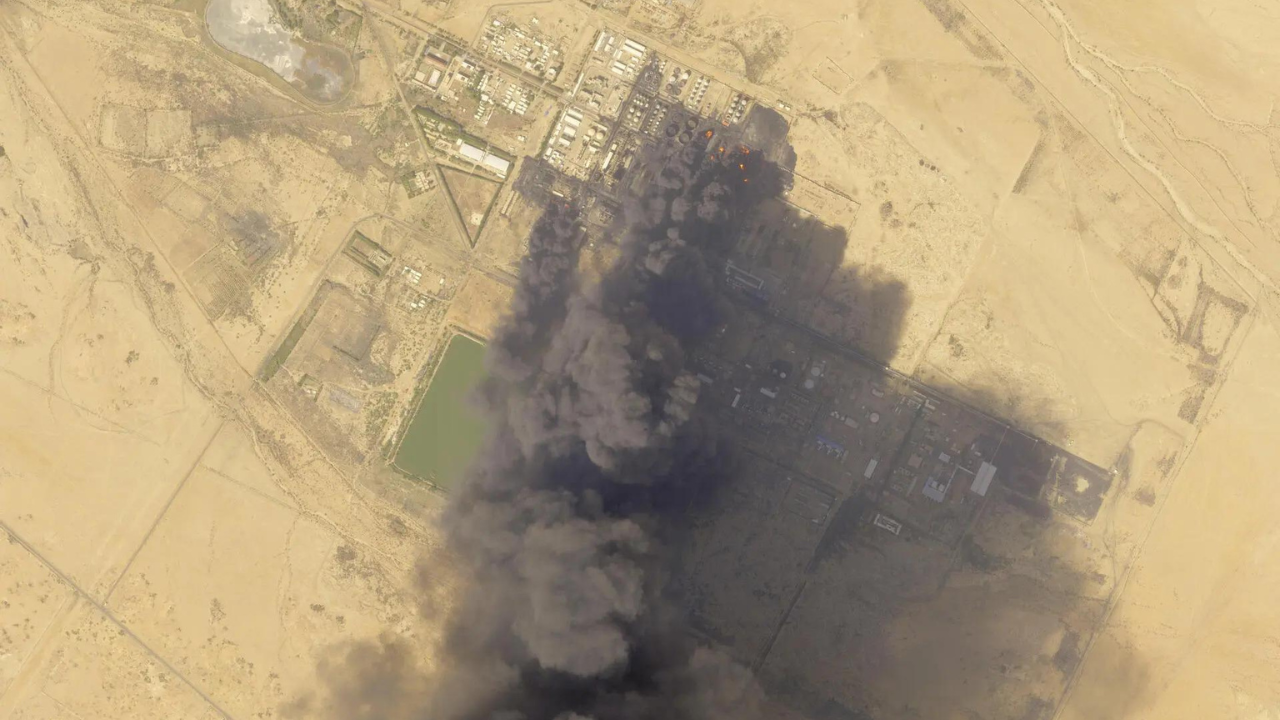The Drone Strike on El-Fasher Hospital: A Horrific Massacre in Darfur
In a shocking escalation of the brutal conflict in Sudan's Darfur region, a drone strike on one of the last functioning hospitals in El-Fasher has left at least 67 dead and countless more injured. This devastating attack is a horrifying example of the catastrophic humanitarian crisis unfolding in Darfur, and it demands immediate international attention. The world cannot stand idly by while such atrocities occur. What horrors await us tomorrow?
The Devastation at Saudi Hospital: A Crime Against Humanity
The Saudi Hospital, once a beacon of hope in a war-torn city, was reduced to rubble by the drone strike. The emergency building, crucial for treating the already overwhelmed medical facilities in this famine-stricken region, was completely destroyed. Doctors and medical staff, already struggling to cope with an influx of wounded civilians, were left reeling in the face of such immense loss. Eyewitness accounts tell tales of unspeakable devastation: bodies strewn across the ravaged landscape, cries of anguish echoing through the shattered walls. The sheer number of casualties paints a bleak and grim picture of the brutality inflicted on this defenseless population. This horrific incident raises questions about accountability and the devastating implications for those seeking refuge from violence in Darfur's camps.
The Toll of War in Darfur: Beyond the Numbers
The death toll from the attack continues to rise. In the immediate aftermath, reports placed the death toll at 37, however the toll skyrocketed to 67 when many of those severely injured from the initial bombing succumbed to their wounds. The sheer magnitude of the loss is staggering. Yet, it underscores the wider scale of human suffering happening in the context of this tragic conflict.
Targeting Medical Facilities: A Violation of International Law
The targeting of medical facilities is not only immoral, but a blatant violation of international humanitarian law. These facilities are designated as protected spaces under the Geneva Conventions and should be afforded the highest level of protection in conflict zones. The deliberate targeting of civilians—whether or not medical professionals—comprises a war crime. The indiscriminate nature of the attack also warrants intense scrutiny. Given the severity and nature of the attack, there should be an urgent investigation to determine accountability and ensure appropriate measures are taken to prevent similar events from occurring in the future. This is a matter that must concern the international community as the humanitarian implications could be insurmountable.
The RSF and the Allegations of Genocide
The Rapid Support Forces (RSF) are implicated in the attack. While the warring parties remain locked in a bloody battle for control of the region, the RSF has been previously reported as using advanced, Chinese-made drones for surveillance and attacks. Local activists are drawing links between these reported military assets and the attack, however without conclusive evidence these accusations have to remain as allegations.
The Role of External Actors: The Arms Supply Question
Allegations of foreign countries supplying the RSF with weapons, including drones, are credible and raise alarming questions about the scale of external intervention within the conflict. The ongoing accusations of the UAE being a prominent supplier remains a bone of contention. The use of advanced military hardware against unarmed civilians suggests extensive resources behind the scenes enabling this destructive pattern of behavior.
International Condemnation and Accountability
International organizations, including the United Nations, have expressed their deepest concern over the deteriorating situation in Darfur. The attack on the hospital was immediately condemned as both horrific and illegal by various international agencies, though these calls, until tangible steps towards resolving the conflict have been made, will remain somewhat hollow.
The Humanitarian Crisis in Darfur: A Looming Famine
The conflict in Darfur has already created a major humanitarian catastrophe. Millions are displaced from their homes, millions more are on the verge of starvation and those who do remain in their homes, in a tragically ironic turn of fate, can barely find any protection from the bombs. Access to essential medical care and humanitarian aid is drastically limited, worsening an already dire situation.
The Famine: A Slow Motion Genocide
The threat of widespread famine looms large. Three displacement camps are already suffering severe food shortages; additional assessments indicate up to five additional areas may fall victim to widespread starvation unless prompt action is taken. El-Fasher is on the verge of joining this catastrophic trend, exacerbating an already extremely serious situation. Unless some form of comprehensive relief aid is immediately implemented, it may be impossible to prevent mass starvation across a considerable section of this impoverished region.
The Need for Immediate Humanitarian Assistance
The international community must provide immediate humanitarian assistance to those in need, ensuring unfettered access to essential supplies and services and bringing forth significant aid to offset some of the devastating results of this appalling violence. This should include substantial funding for medical care and aid in the impacted communities, and international pressure should ensure no barriers are preventing aid supplies reaching the communities in need.
Take Away Points
- The drone strike on El-Fasher hospital is a grave violation of international law and a horrific crime against humanity.
- The conflict in Darfur has resulted in a massive humanitarian crisis, characterized by displacement, famine, and lack of access to essential services.
- The international community must hold accountable those responsible for this and other war crimes perpetrated within Darfur and provide substantial aid to address this unfolding humanitarian disaster.




